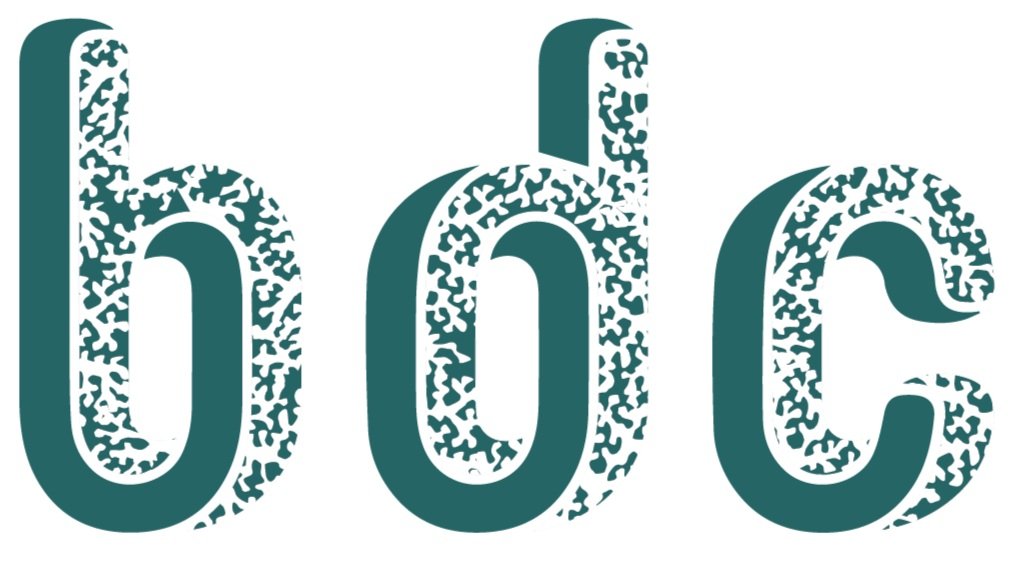BMCC First Community College to Compete in International Biodesign Competition
Last month, 54 finalist teams presented projects bridging art, design, and biotech that ask what we want from our technologies.
New York, NY, July 18, 2022 – On June 20-24, over 200 high school and university students from 18 countries presented ideas to compete for the Glass Microbe at Biodesign Challenge Summit 2022. The projects applied biotechnology to reshape architecture, food, fashion, health, materials, energy, and more.
Some fifty leading experts in academia, industry, and the arts judged the projects and awarded prizes. Among the 54 finalist teams to present was The Borough of Manhattan Community College, The City University of New York (BMCC/CUNY), the first community college to participate in the competition since its founding in 2016. Mentored by sociology professor Elizabeth Wissinger, three BMCC students—Josephine Huang (Computer Science), Chaya Droznik (Computer Science), and Dulce Romero (Criminal Justice)—presented their GreenLiving BioCondo project, a speculative, futuristic community designed to promote practical uses for biodesign.
"The BMCC students worked with tireless dedication, despite busy work schedules and heavy course loads, to envision a way to promote biodesign and make it more accessible for everyone," said the class’s instructor, Elizabeth Wissinger. Huang, Droznik, and Romero designed experimental mycelium grow kits to create mushroom-derived objects such as lampshades for their proposed GreenLiving BioCondo. The BMCC Biodesign Project and teams are supported by The Borough of Manhattan Community College (BMCC/CUNY) Technology Learning Community—a National Science Foundation (NSF)-funded project.
Summit speakers included Jennifer Willet, artist, Professor in the School of Creative Arts at the University of Windsor, and the Director of INCUBATOR Art Lab; Ani Liu, artist and Associate Professor of Practice at the University of Pennsylvania; and Sunanda Sharma, creative biologist and interdisciplinary scientist.
“We were extremely excited to have BMCC with us. The students contributed meaningful insights into the multiple roles biotech plays today. While most equate biotech with medicine, it’s also much more. The students envisioned a series of ways life sciences might impact home goods, kitchens, furniture, and daily living. It was incredibly exciting to see their vision for future homes, ” Daniel Grushkin, founder and Executive Director of Biodesign Challenge said.
Students from Universidad de los Andes won the Overall Prize for their project Mus(t)Go, a moss-based filtration system that provides clean drinking water to vulnerable communities. They received the Glass Microbe, a sculpture by Luke Jerram, which is passed down between winning teams each year.
Over the last seven years, BDC alumni have founded startups, raised $30M+, received patents, and won awards including the James Dyson Award, H&M Global Change Award, National Geographic Chasing Genius Award, LVMH Innovation Award, Prix Ars Electronica, among others. They have exhibited at museums and festivals, including the V&A, London Design Biennale, Gregg Museum, World Economic Forum, the Tech Museum, Dutch Design Week, MIT, and the United Nations.
ABOUT BMCC
Borough of Manhattan Community College, of The City University of New York, is a diverse teaching and learning community committed to advancing equity and the intellectual and personal growth of students. Working to strengthen a culture of care inside and outside the classroom, we share a passion for learning with students from around the world. We strive to increase degree completion, successful transfer, career achievement and service and leadership within our community, New York City, and beyond.
ABOUT BIODESIGN CHALLENGE
Biodesign Challenge (BDC) is an international competition and education program that partners high school and university students with artists, designers, and scientists to imagine, create, and critique the future of biotechnology. During the academic year, students develop bold and feasible projects that use biotechnology to address pressing issues or to critique biotechnology’s impact on society.

